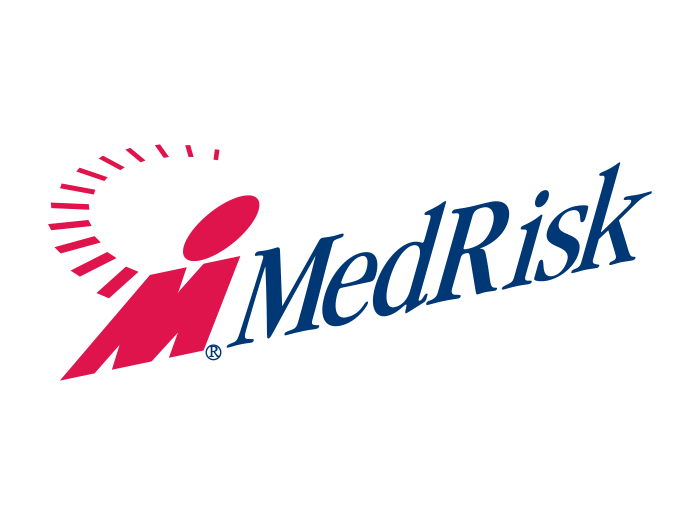Stronger Together: How COVID-19 Will Strengthen Collaboration in Workers’ Comp
Businesses of all types have been impacted by the COVID-19 pandemic.
For example, some hospitals have lost millions of dollars because of shortfalls from cancelled procedures and services, limits on in-patient populations, purchases of unplanned equipment and supplies, reduced productivity and restructuring costs to care for patients and employees in the COVID-19 environment.
Despite the challenges of the pandemic, organizations can pivot towards revitalization and approach their operations through the lens of new experience.
COVID-19 ushered in an era of new risk challenges and the opportunity to develop creative solutions to address them. For example, many organizations have remained competitive by mobilizing their workforce to a remote environment.
The by-product is that many companies are now evaluating what it means to have the majority of their employees working from home. Organizations have adapted and re-defined themselves, even if temporarily.
Similar opportunities exist with current workers’ compensation approaches. Your pre-pandemic practices are your baseline. Now you can incorporate the lessons learned over the past few months and create a culture of best practices.
Review your risk management and workers’ compensations programs, focusing on two questions:
- What was/is our existing practice?
- What is the new best practice?
Examine your workers’ compensation approaches in the context of the new normal. Consider if your existing practices are aligning with best practices in these areas:
- Reporting workplace accidents
- Procedures for following up with injured employees, impacted parties and witnesses
- Timeliness of follow-up
- Key support structures within your organization
- Policies, protocols and compliance
- Safety committees, Stay-At-Work programs
- Wellness strategies, especially COVID-19 next steps
Collaborative partnerships will also help your organization drive best practices. Embrace your workers’ compensation and risk management partnerships, including the following:
- Broker and TPA/insurance carrier relationships for guidance and claims expertise
- Risk control services to assist in reducing or eliminating hazards
- Defense counsel for compliance and limiting exposure
- Provider networks and assistance from nurse case managers to advocate for your employees’ physical and mental well-being
- Investigative solutions and independent medical examiners to assist in claims management
Organizational risks that existed prior to COVID-19 are still in play and continue to evolve. For some institutions, these risks may have increased.
By establishing a best-practices culture, maximizing your partnerships, developing creative solutions, and being focused, you will rise up to meet your risk management challenges. &











